In recent times, with the increased tax management of personal accounts, many people have expressed concern that any money transferred into a bank account could be considered income and subject to tax. The concern has increased as cases of “wrongful collection” have emerged due to misunderstanding of regulations.
However, according to legal and financial experts, current laws have very clear regulations, not all money transfers require paying taxes. Specifically, there are at least 9 common cases where people are completely exempt from taxes when receiving money. If understood correctly and the transaction is transparent, people need to clearly understand the information to avoid confusion and anxiety.
There are 9 cases where the account receives money but does not incur tax liability.
1. Borrowing from relatives and friends - not taxable income
Personal money received from relatives and friends for the purpose of borrowing, supporting and helping is defined by law as a civil relationship, does not generate income and is therefore not subject to tax. However, to avoid misunderstandings, the person transferring money should clearly state the content such as: "borrowing money", "temporary help", "transferring money to borrow money".
2. Receive money to pay off bank loan
People who borrow money from banks when it is due often ask relatives to transfer money on their behalf to pay it off before borrowing again. The money transferred into the account for this technical purpose does not generate personal income and is therefore not taxed.
3. Remittances – money sent from relatives abroad
Money sent by relatives from abroad, also known as remittances, is exempted from tax under Vietnamese law to encourage foreign currency sources. This amount is not considered personal taxable income if sent through official channels such as banks or legal money transfer companies.
4. Collection and payment activities
Individuals who work as shippers, cash on delivery (COD), or receive money and then pay it back under authorization (for example, gas station employees collecting money for companies) do not have to declare personal income. The reason is that these amounts are not real income but only intermediary transactions.
5. Receive and transfer money without charging fees
When you transfer money for someone else and don't charge any fees, the money that goes into your account is not taxable. However, if you charge a fee, the service fee may be subject to income tax (~5%–7%).
6. Receive money from selling house and land - tax obligations have been fulfilled
If an individual sells real estate and has fulfilled all previous tax obligations (personal income tax, registration fees, etc.), the amount of money transferred for payment later will not be taxed again. However, if it is discovered that the price is declared low to evade tax, the tax authority has the right to collect the difference.
7. Tax deducted salary – transfer to relatives
After-tax wages that an individual transfers to his or her spouse or other relatives are not considered new income. Therefore, the recipient will not be taxed again. It is important to prove that the source of the money is wages that have been deducted according to regulations.
8. Overseas salary – local tax paid
Vietnamese workers working abroad who have paid taxes in the host country will be exempt from personal income tax when transferring money back home. The condition is that they must have documents proving that taxes have been paid and transferred through an official bank.
9. Interest on small personal loans – not taxed
When an individual lends money to another person in a civil form (family, association, friends, relatives...) without interest or with small, irregular interest, it is not considered a business and therefore does not have to pay tax. However, if the lender lends money to a business or organization and receives interest periodically, the lender may have to pay a 5% tax on the interest.
Receiving money transfers is no longer a purely private activity, but can become the basis for tax authorities to review individuals' financial obligations. However, not all money transferred to an account is taxed. Understanding the 9 tax exemptions will help citizens, self-employed people and overseas workers be more proactive in financial transactions.
It is important to be transparent: clearly document the transfer, keep relevant paperwork (if any), and seek additional advice from an accountant or lawyer for large or recurring transactions. Don’t let “clean money” accidentally become a problem due to ignorance or negligence in recording and managing cash flow.
According to VOV
Source: https://baothanhhoa.vn/9-truong-hop-nhan-tien-chuyen-khoan-khong-phai-nop-thue-253051.htm




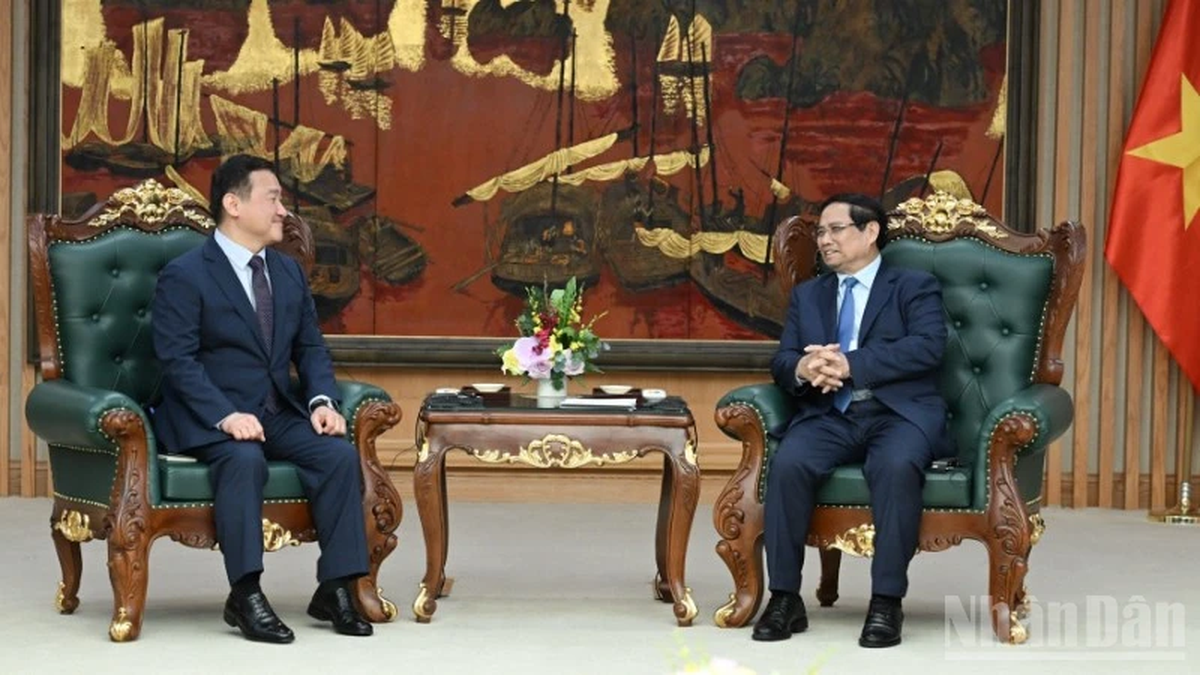
![[Photo] Prime Minister Pham Minh Chinh receives CEO of Samsung Electronics](https://vphoto.vietnam.vn/thumb/1200x675/vietnam/resource/IMAGE/2025/8/26/373f5db99f704e6eb1321c787485c3c2)
![[Photo] Multi-colored cultural space at the Exhibition "80 years of the journey of Independence - Freedom - Happiness"](https://vphoto.vietnam.vn/thumb/1200x675/vietnam/resource/IMAGE/2025/8/26/fe69de34803e4ac1bf88ce49813d95d8)
![[Photo] Prime Minister Pham Minh Chinh chairs meeting of National Steering Committee on International Integration](https://vphoto.vietnam.vn/thumb/1200x675/vietnam/resource/IMAGE/2025/8/26/9d34a506f9fb42ac90a48179fc89abb3)










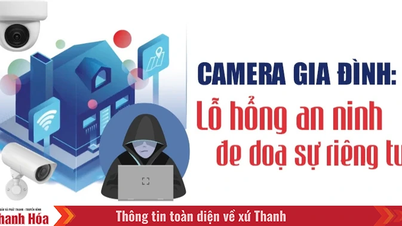


















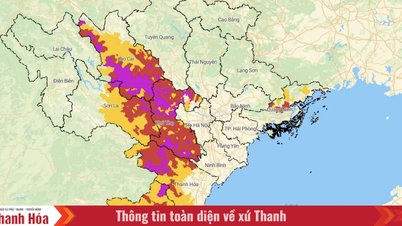





























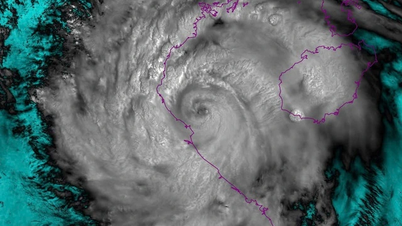


















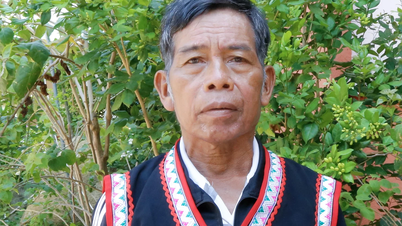


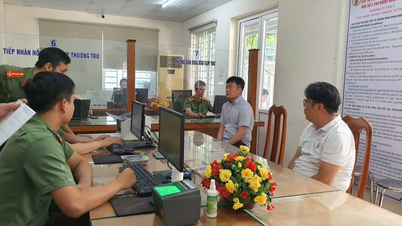
















Comment (0)